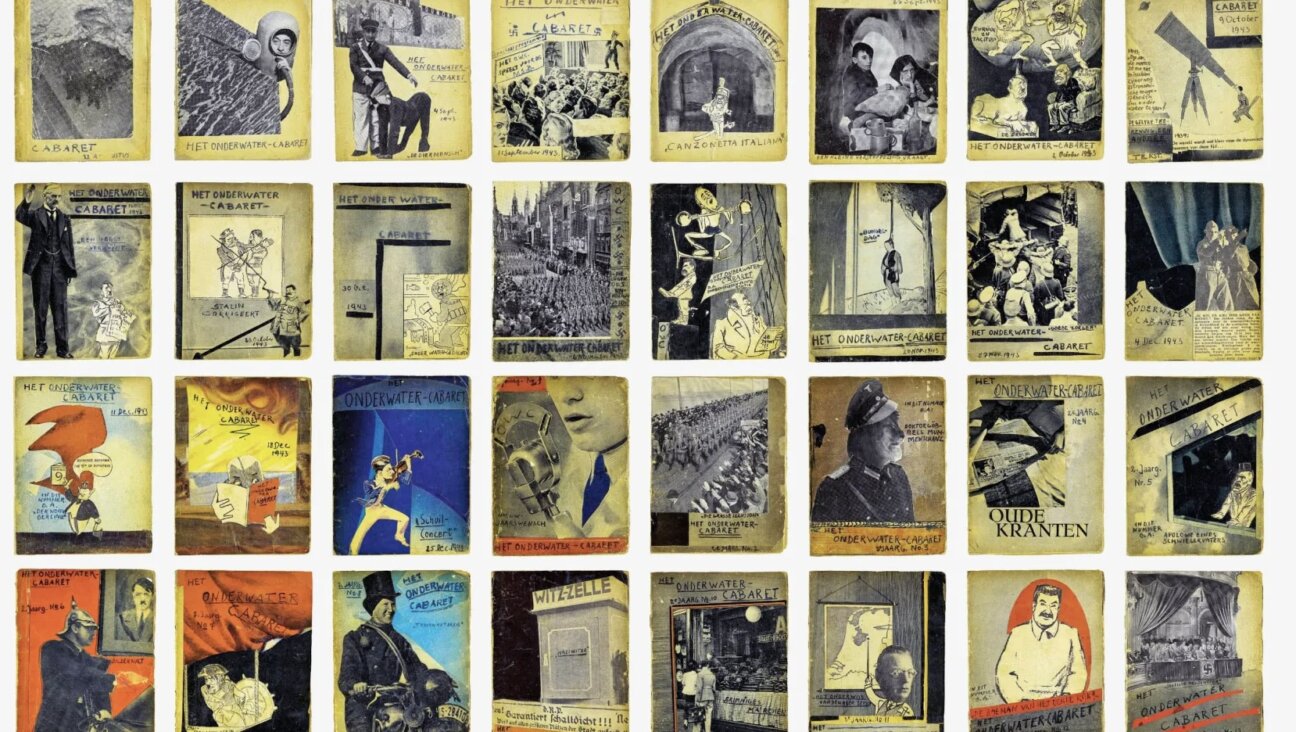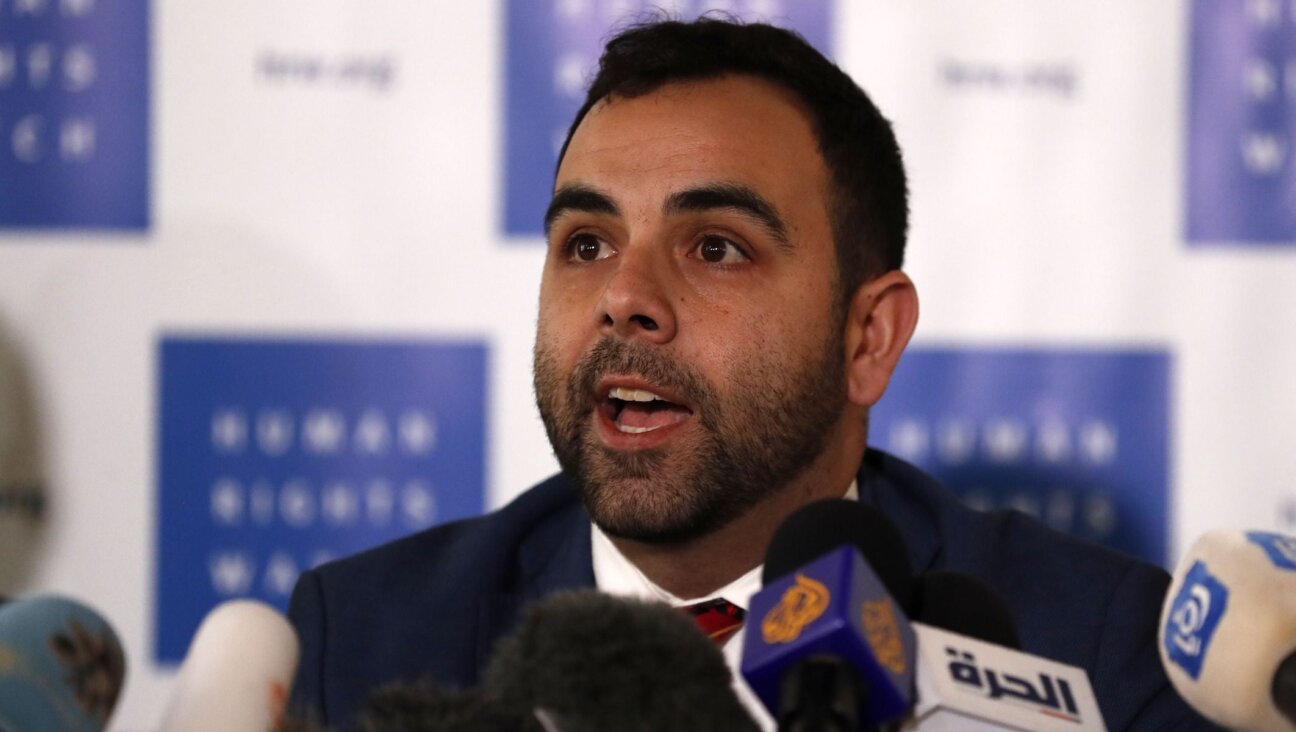Rebel With a Cause
The Shanghai Cooperation Organization is the only major international organization from which the United States is excluded.
The organization rebuffed an American attempt last year to gain observer status, while granting such status to Mongolia, Pakistan, India and, perhaps most irritatingly to Washington, Iran. The alliance’s summit last year, held in the Kazakh capital of Astana, pushed for a withdrawal of American troops from Central Asia and sought to debunk the dogma of democratization that led to the region’s so-called color revolutions. And the Shanghai Cooperation Organization is gaining a name as a regional alliance that could frustrate NATO’s drive to expand further eastward into the former Soviet republics.
To all appearances, perhaps, anti-Americanism in action — a Chinese-Russian alliance built to rival NATO and working for the elimination of American influence in Central Asia. Washington, in this view, must somehow render the Shanghai Cooperation Organization ineffectual, and the sooner the better.
Curiously, there is hardly any effort to assess the alliance’s raison d’etre outside of an American prism — even though the “Shanghai spirit” was in the air before the current chill in Washington’s relations with Moscow and Beijing,
before the September 11 terrorist attacks, before the establishment of an American military presence in Central Asia, before the American intervention in Afghanistan and before the American-backed color revolutions in Moscow’s backyard.
The “Shanghai spirit” dates back to the second half of the 1990s. At the time, Boris Yeltsin’s Russia was becoming increasingly disenchanted with Euro-Atlanticism. Moscow believed that even though the Cold War had ended, the United States was not only determined to expand NATO eastward, but was also working hard diplomatically to rollback residual Russian influence in Eurasia. In 1996, Yeltsin began looking up Russia’s “Eurasianist” heritage.
By the second half of the 1990s, as the Clinton presidency was drawing to a close, American influence in Central Asia reached an all-time high, though admittedly there was always a sense of disquiet among Central Asians about American intentions in the region. The Central Asians could sense that American policy lacked transparency. They could perceive, for example, that the United States was only paying lip service to the Tajik peace settlement signed in the mid-1990s — though the centrality of the settlement to regional security was unquestionable — because it emanated out of Russian- and Iranian-led talks.
Nonetheless, expectations were high that Washington could produce the panacea for the aches and ailments faced by the post-Soviet economies. Thus, American companies were given privileged access to oil deposits, gold mines and cotton fields. American diplomats were encouraged to behave like little viceroys — and at times they did.
Then came the Taliban’s capture of power in Kabul in 1996, after which the first incipient signs of discord began appearing. American diplomacy in 1996 and 1997 was actively aimed at convincing Central Asian states that the Taliban had no political agenda of exporting militant Islam to their region, that the Taliban was a purely indigenous Afghan movement and that the Taliban’s radicalism would wear off once it was ensconced in power in Afghanistan. American diplomacy encouraged Central Asian states to have dealings with the Taliban regime in Afghanistan.
By 1998, however, the Taliban were gate-crashing into the Amu Darya region on Afghanistan’s northern border, and Islamist elements in Central Asia, particularly Uzbekistan, began linking up with the Taliban. With neighboring Afghanistan having become a revolving door for militancy and international terrorism, Central Asians began turning to Moscow and Beijing for help and understanding.
China and Russia completely shared the perception prevalent in Central Asian capitals. Governments in the region saw interlocking links between the Taliban and Al Qaeda and local threats from Chechen rebels, Uyghur militants in China’s Xinjiang province and Islamists in eastern Uzbekistan.
It was a colossal failure of American policy to have dismissed these threat perceptions as nothing more than propaganda. Washington was much too quick to believe that authoritarian regimes in the region were simply aiming to squash political dissent by raising the specter of political Islam, and that Russia was exaggerating the threat in order to regain geostrategic control over Central Asia.
Arguably, the ambivalence in America’s attitude toward the Taliban was the root problem of American diplomacy in the latter part of the 1990s. Washington kept hoping that the Taliban could serve as an instrument of American policy in the region. Nonetheless, when the United States sought to establish regional military bases in the wake of the September 11 terrorist attacks, neither Russia, China nor any of the Central Asian states made much of an issue of Washington’s previously soft stance on the Taliban.
Central Asia took America’s war on terror seriously, and as a result American credibility was somewhat revived in the region between 2001 and 2003. But that, and much more, was lost with the overthrow of Eduard Shevardnadze in Georgia, which was nothing less than a seminal event in the region.
Washington underestimated the shock waves that Shevardnadze’s ouster produced. If, despite all that the wily Georgian had done for nearly two decades in the service of America’s geopolitical goals, Washington could rubbish “Shevvy” just like that, then how could any Central Asian take America’s friendship at face value? The so-called rose revolution reawakened doubts many had about American intentions in the region.
Within weeks, Uzbekistan — Central Asia’s strategic hub — sought membership in the Shanghai Cooperation Organization. Furthermore, it asked to host an organizational summit in June 2004 in Tashkent, and requested that the Uzbek capital be picked as the home of the alliance’s anti-terrorism center. That same month, Uzbekistan signed a strategic partnership treaty with Russia — which Vladimir Putin is on the record as saying was brought forward on the personal initiative of Uzbek President Islam Karimov.
Since the June 2004 summit in Tashkent, the Shanghai Cooperation Organization has gone from strength to strength. It simply stepped into the geopolitical vacuum resulting from the collapse of American policy in the region — but it is important to note that the Shanghai Cooperation Organization did not engineer the collapse.
Today, the “Shanghai spirit” gives Central Asian states a newfound strength in facing up to challenges posed by color revolutions, terrorism, separatism and religious extremism. All this is thanks to the Shanghai Cooperation Organization, which, unlike Washington, has yet to make demands on their national sovereignty.
It is a pragmatic arrangement. Kyrgyzstan, for instance, can stand up to the United States and insist that an annual fee of $2 million is a measly amount for the American military’s use of the Manas air base. Without the alliance’s call for a withdrawal of American troops from the region, the Kyrgyz government in Bishkek might not have mustered the political courage to stand up to Washington.
It is perhaps a sign of the alliance’s maturity that at its summit earlier this month in Shanghai, there was no mention of American military bases in region. Last year it issued its demand for withdrawal against a crisis-ridden regional backdrop, including the so-called tulip revolution in Kyrgyzstan and the uprising in Uzbekistan’s eastern Andizhan province. The alliance has since moved on, and now simply signals to Washington that it should not interfere in internal Central Asian affairs.
Beijing, too, reaps real strategic benefits from the Shanghai Cooperation Organization. By bringing in China’s neighbors, the alliance helps Beijing keep a strict check on Uyghur activists in the restive Xinjiang region. Furthermore, China has successfully tapped the organization for stimuli to bilateral cooperation with Central Asian countries. Considering that until recently China loomed large in the Central Asian consciousness as a hostile power, the soft power that China wields today is extraordinary.
In general, for both China and Russia the alliance is a handy diplomatic lubricant, serving both as a clearinghouse of Chinese-Russian cooperation in Central Asia and as a reality check on their vaulting regional ambitions. But it is in the economic sphere that the Shanghai Cooperation Organization poses perhaps the toughest challenge to American interests.
Iranian President Mahmoud Ahmadinejad’s presence at the alliance’s summit this month likely heralds closer cooperation on energy issues between Tehran, Moscow and Beijing. This development could have a serious impact on the East-West balance of power. And whereas the United States failed to capitalize on its early entry into business activities in Central Asia — American companies stuck to select areas like oil, gas, minerals and cotton — the Shanghai Cooperation Organization is spearheading infrastructure and manufacturing projects that hold out the promise of both job creation and revenue generation.
Yet for all the economic and strategic potential the alliance holds for its members, it cannot easily transform into military alliance. The Shanghai Cooperation Organization is highly unlikely to become Eurasia’s regional security umbrella — and as such, the only rationale for trying to label it an anti-American alliance is to deflect attention away from the flaws in Washington’s Central Asia policy.















